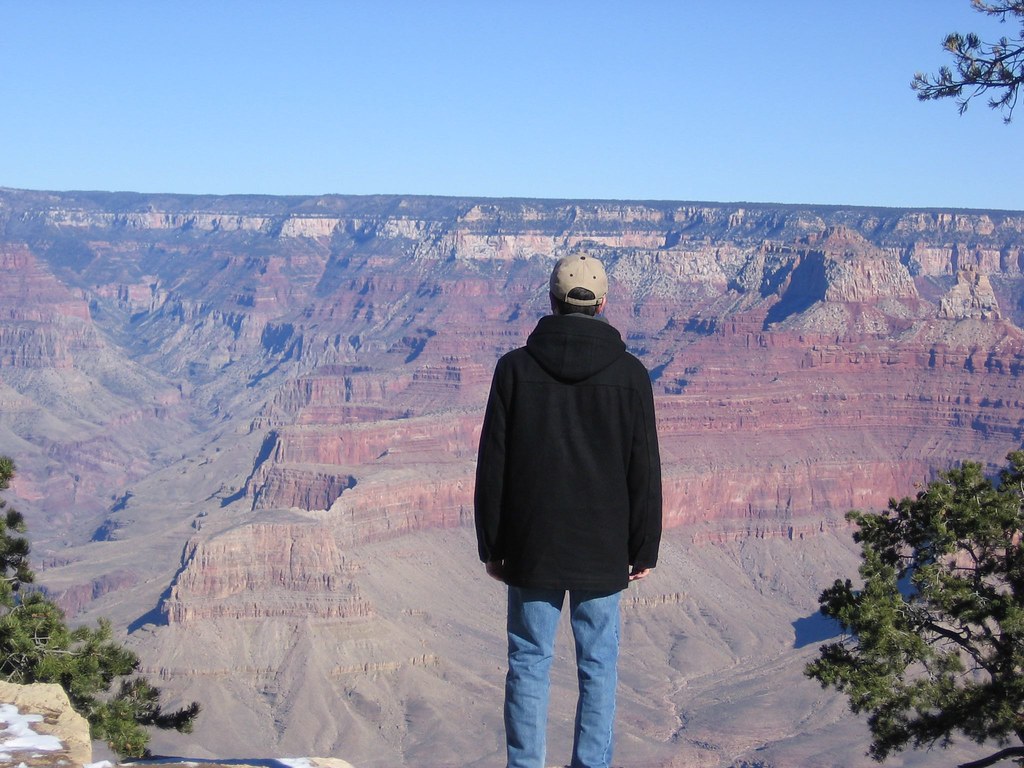On the application for Nefesh B'Nefesh (the organization helping me move to Israel), it asks you to write a brief essay telling them anything else you want them to know. I didn't really know exactly what to put in that section. I had already written in an earlier section about why I wanted to move to Israel, so writing an essay about that seemed redundant. So I wrote an essay explaining why I thought I deserved to make aliyah. It was a bit of an odd question, and I crammed a lot of really nice ideas into the one page I wrote. But they weren't really well-connected; the whole thing kind of jumped from idea to idea. It wasn't great, but it was good enough. Nevertheless, months later, NBN contacted me to let me know that they want to make a book of essays, and they want to use mine. I was flattered, to say the least, but I reread the original essay, and I thought I could do better. So after putting it off for a week and a half, I finally sat down two nights ago and in less than an hour, I produced something I was proud of, encompassing a lot of ideas from the original, along with stuff that had been percolating for a while. I don't think it's prize-winning writing, but I liked writing it, so I hope you enjoy reading it:
Last September, I was talking to a friend, an oleh who had moved temporarily from Israel to America. We were discussing the recent disengagement from Gaza, and how painful it was. Regardless of whether it should or shouldn’t have happened, no matter how I looked at it, it all just made me sad. My reasons for making Aliyah felt, well, insufficient.
Yes, I had reasons. I knew them well, and I believed in them, and I believed hard. They’re classic reasons – fulfillment of a national identity, aspirations of personal and religious growth, and a feeling of attachment to a homeland – but they all fell short. They all felt far too idealistic to talk about in the same breath as the messy, complicated reality. I couldn’t bring up these reasons to my friend. So I just asked, “Remind me again why I’m moving to this country?”
"I don't know. I look at the news and I'm reminded of why I left," he replied. I was dumbstruck. I was expecting something uplifting, perhaps a tired sigh as he recalled his first love affair with Israel years ago, or a swell of pride for his time served in the IDF. Not this. I didn’t expect this. I mean, he moved to Israel, didn't he? But he just felt that it was too painful, too difficult to deal with.Time went on, and in January, I visited Israel. I was reminded of all of my lofty reasons for my upcoming move, but something still gnawed at the corners of my mind. Several people—taxi drivers and potential employers included—asked me why I was moving, especially now, during such a troubled time. I didn't answer them. I couldn't answer them. The words felt wrong coming out of my mouth, because I knew I would sound naïve or childish, listing ideals and high-minded morals. Our generation has been trained to be instinctively skeptical, to look at the world with a cynical eye. Telling these Israelis that I was coming “to be in the Jewish Homeland” or “to fulfill my national destiny” would be almost laughable. So I left Israel, still seeking a clear, rational reason for my upcoming Aliyah, one that I could feel smart and sophisticated explaining at a job interview.
I didn’t find one. Because in the view of the cynic, they’re right to question me. What I’m doing makes no sense. I would, in all likelihood, make more money, be relatively safer, and would still have a viable Jewish community in the United States. But then again, modern-day Israel is a country that simply makes no sense. Despite all the cynicism all around us, deep down, Israel is still swimming against the current and trying to make this crazy experiment called the Jewish State a success. So perhaps it's a good fit – an irrational decision for an unlikely country.
You see, I finally realized that my original reasons were good enough. Maybe we need to tell the modern skeptics that it can be done. We can dream with both feet on the ground, messy reality and all. And what about the pain, the hurt that drove my friend away? I disagree with his view. Making Aliyah is about embracing Israel as a complicated reality, not just as an ideal. If I am to make Israel my home, it isn’t just for the happy times. Situations can be too painful to deal with, but not this one. If your family is rejoicing, you rejoice with it, and if your family is crying, then—especially then—you cry with them. You comfort them. During good times and bad, you always go home, and find an embrace. Sometimes they're mourning at home, and sometimes they're dancing, but you always, always go home. That’s reason enough.

2 people hopping:
Yeah, I admit it -- I'm only reading this now. I have some catching up to do...but in this case, it doesn't seem to matter, because your piece is pretty much timeless (at least until Mashiach comes??)
Simple, clear and all-too-true. Nice work.
Ilan,
Great piece. i hope you read it again every year, and you smile at yourself and hope you never change...
>> Join the fray <<